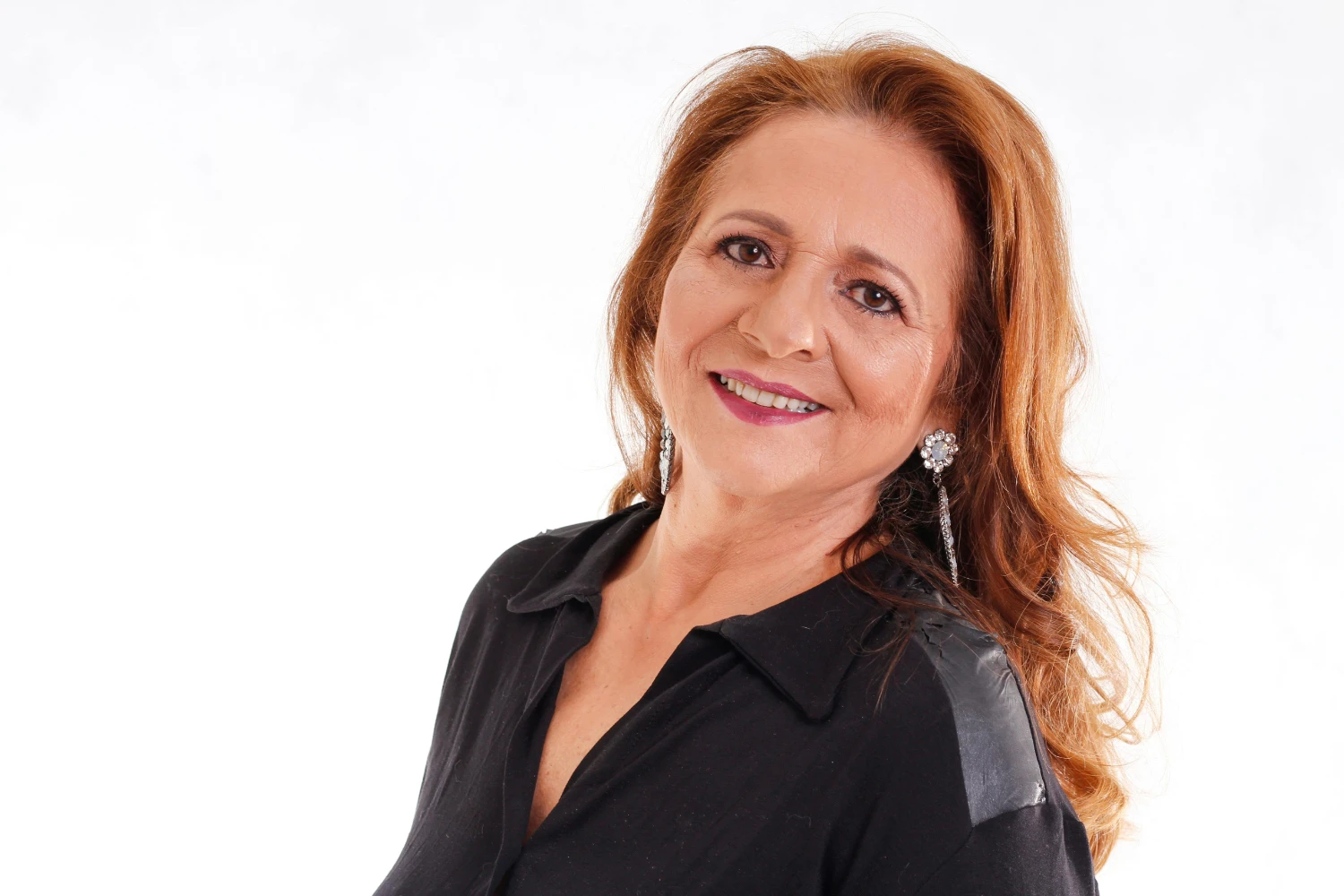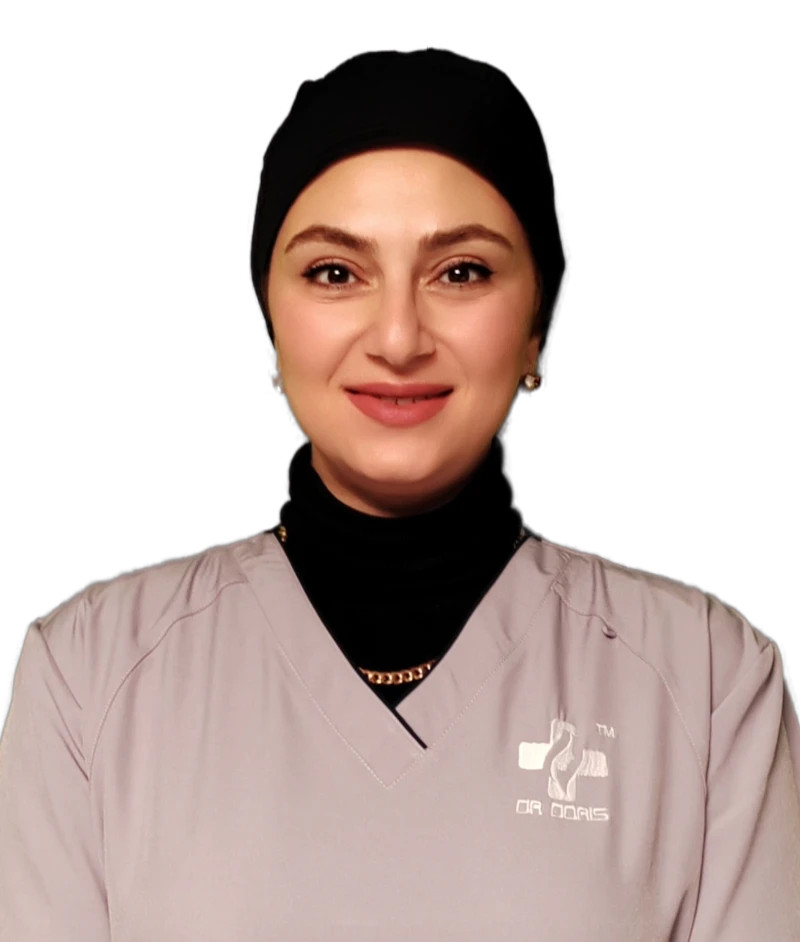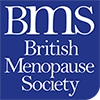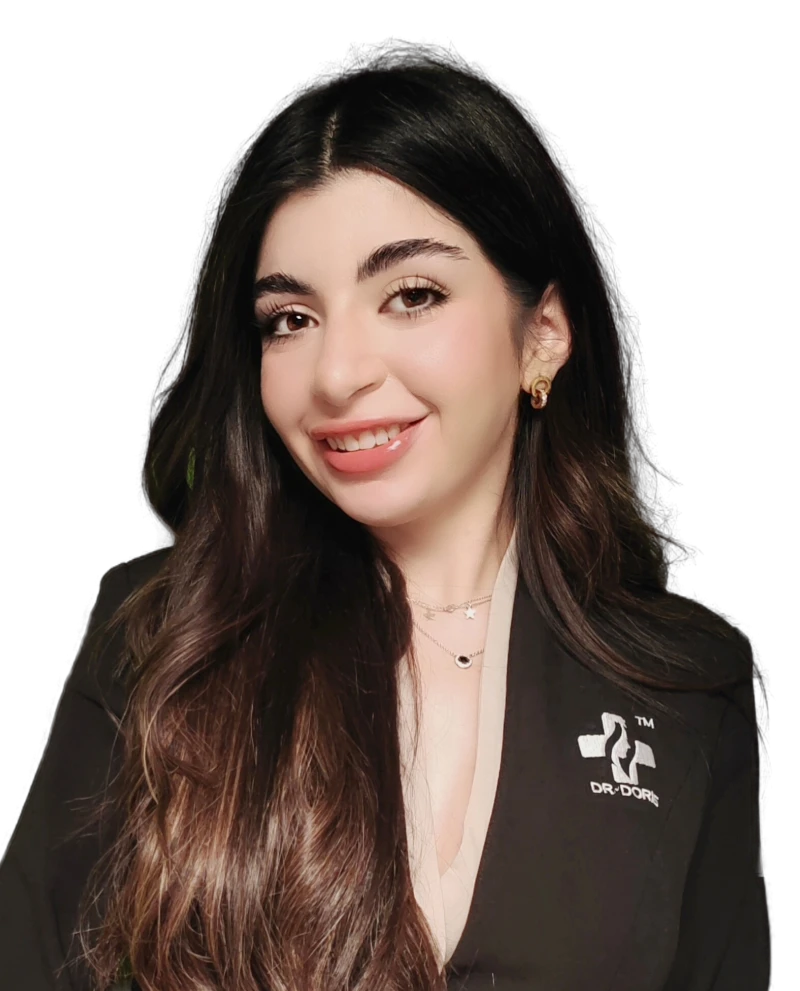Mr
Mrs
Ms
Miss
Mx
Dr
Prof
Master
Rev
Sir
Lady
Lord
Dame
Hon
Earl
Judge
Other

Nestled in the heart of Mayfair’s in Central London, Dr. Doris Clinic offers a menopause specialty service that is designed for discerning women who seek to preserve their youth, vitality, and elegance for as long as possible. With a cutting-edge, science-backed, research proven approach to hormonal balance, regenerative medicine, and aesthetic wellness, we help you embrace aging gracefully while maintaining full function, confidence, and radiance. Our expert-led treatments ensure that every stage of your journey is met with personalized care, discretion, and unparalleled sophistication—because aging should be a luxurious, empowering experience, not a compromise.
Step into the future of longevity and wellness today. You don’t need to suffer the symptoms of menopause! Our doctors who specialize in Menopause therapy can give you advice on hormone therapies, and a range of anti-ageing therapies that can help you reduce the symptoms of menopause and ageing and help you look and feel younger.



If you are struggling with hot flashes, talk to your doctor or nurse. They can tell you if hormone therapy is an option for you.
This is a way to treat menopause symptoms. The main goal is to reduce hot flashes. But it might also help with other symptoms.
The hormones used for therapy are:However, these risks are very low in people younger than age 60. For most people in their 40s and 50s, the benefits of hormone therapy outweigh the risks. Your doctor can talk to you about your risks based on your age and health.


Your doctor can talk to you about your options. They will also work with you to find the form and dose that work best to treat your symptoms. The right choice depends on your age, health, and preferences.
Some people have no side effects, but others do. Estrogen can cause breast soreness. Progestin pills can cause bloating, mood changes, or vaginal bleeding.
Sometimes, lowering the dose or changing the form you take can help with side effects. Tell your doctor if you have side effects that bother you.
It depends. In the past, experts recommended only using hormone therapy for 3 to 5 years, and stopping at age 60. But for many people, hot flashes last longer than this.
Your doctor can talk to you about your situation and your options. If you both agree that the benefits are greater than the risks, you might be able to continue hormone therapy beyond 5 years or age 60. If so, you will probably use the lowest dose of estrogen possible.
When you do stop taking hormone therapy, your doctor might suggest gradually reducing your dose. Sometimes, stopping can cause hot flashes to return.
Menopause is a transformative stage in a woman’s life, and optimal nutrition plays a key role in balancing hormones, maintaining bone density, boosting energy, and preserving youthful vitality. Here’s how you can support your body through menopause with the right foods:
By following these dietary guidelines, you can enhance energy, maintain youthfulness, and transition through menopause with confidence and vitality. 🌸✨
Our Nutritional Expert Sara Alhamli is available for those who wish to improve their diet. We offer a monthly subscription service where Sara will be available to provide your with dietary advice and provide day to day diet plan with recipes to help you achieve your goals.
